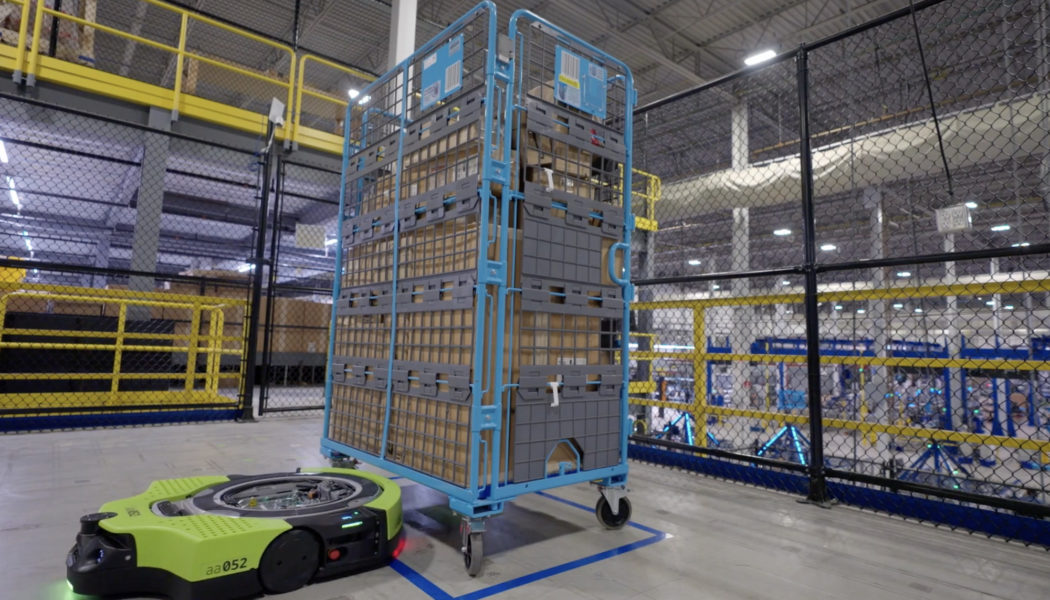Gilimex helped Amazon meet its massive demand during the height of the pandemic but now says it was left footing the bill for unused equipment last spring once buying activity slowed.
/cdn.vox-cdn.com/uploads/chorus_asset/file/23643289/Screen_Shot_2022_06_21_at_16.51.15.png)
On December 13th, Amazon’s robotics division was hit with a lawsuit seeking $280 million in damages from Gilimex Inc., a Vietnamese company responsible for manufacturing the steel and fabric storage containers that hold items as they’re moved around the company’s warehouses.
The supplier says Amazon rushed it to ramp up production early in the pandemic, assuring the smaller company it would be notified if things change. However, last spring, Amazon’s need for these parts abruptly dropped as it sharply reduced projections. After that, Gilimex claims Amazon didn’t compensate Gilimex for raw materials that were purchased in advance or provide any advance warning to ramp down its production, only offering to buy a small fraction of the inventory Gilimex produced.
/cdn.vox-cdn.com/uploads/chorus_asset/file/24302854/1236892435.jpg)
According to the complaint filed in the Supreme Court of the State of New York by Gilimex’s law firm, Kasowitz Benson Torres LLP, Amazon initially contacted Gilimex to procure additional parts for its warehouse distribution robots, specifically the containers called Fabric Pod Arrays, or “FPAs,” in order to meet increased demand during the height of the pandemic.
Amazon contracted Gilimex with assurances that it would be protected against any substantial decrease in demand as long as Gilimex agreed to build new production facilities, increase its workforce, and keep its business exclusive to Amazon.
Gilimex’s lawsuit included a copy of the Component Sale and Purchase Agreement (“CPA”) it signed with Amazon, giving the retail giant the right to terminate their relationship with 30 days’ notice. The company claims it only signed the deal, which it describes as very favorable to Amazon, after seven years of operating without a written agreement because of “the extensive investments it had made to increase manufacturing capacity for Amazon and the fear that Amazon would cut its FPA orders if Gilimex did not execute the agreement.”
In the lawsuit, Gilimex says that in order to meet the new demand, it built three new factories, doubled its workforce, and severed its ties with its existing customers, which among others, included Ikea and Columbia sportswear, which historically accounted for annual revenue amounting anywhere from $40 to $50 million.
Gilimex even claims it made accommodations for employees to eat, sleep, and otherwise live on the premises of its factories to avoid production halts due to government quarantines and closures during the pandemic. The lawyers write, “Gilimex management and laborers literally risked their lives on a daily basis to make such record growth a reality.”
Gilimex is suing Amazon for negligent misrepresentation, unfair trade practices, and breaches of contract and fiduciary duty. This wouldn’t be the first time that Amazon has kept other companies reliant on them for business before putting them in the hot seat with some questionable decisions. For instance, delivery companies that participate in Amazon’s Delivery Service Partner program are technically separate entities, which grants Amazon deniability for the treatment of the delivery drivers who are effectively competing for Amazon’s business.









